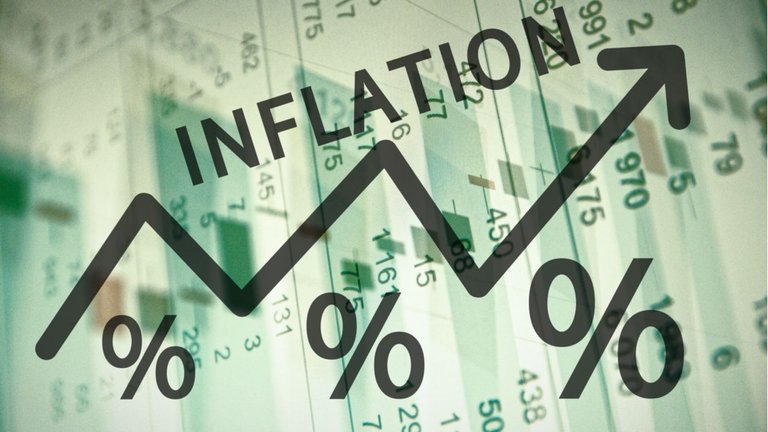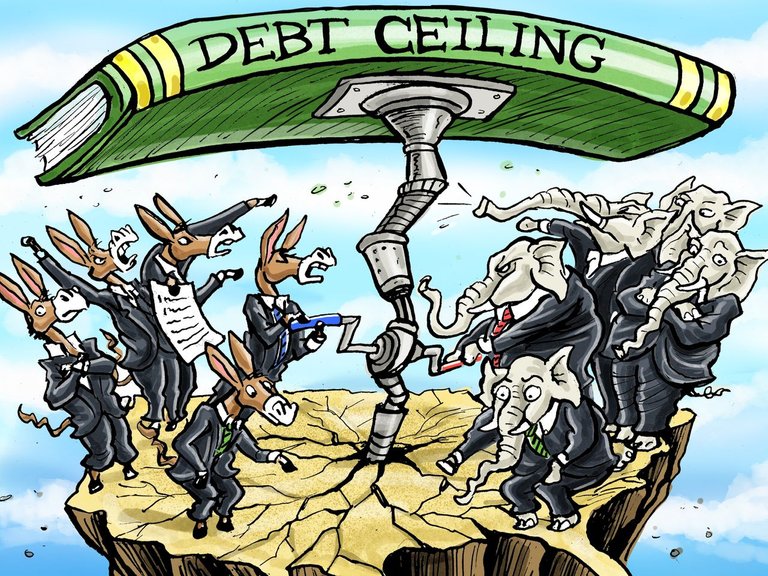This Week in the Economy
Stagflation
As talks of inflation has slowed economic growth in the past weeks, there seems to be a new problem that we need to be worried about. Some analysts are already mentioning the term 'stagflation', which means that inflation is rising quickly and economic growth is slowing in relation. Many argue that we are currently in an early stage of stagflation, but there seems to be mixed feelings from the finance community. If we are entering into a period of stagflation, it would prove to have a huge negative impact on the economy. Stagflation stems back to a period in the 1970s, when the Federal Reserve was forced to raised interest rates to record levels to prevent the collapse of the dollar. In our current economic state, with lasting effects of COVID still rippling through all areas of the economy, stagflation is not something that we want to worry about. The FOMC meets this week and it will be interesting to see how much they talk about inflation and measures they will take to prevent another recessionary period. Consumer prices rose 5.3% in August compared to 0.3% in July. It is evident that this is an issue we are all worried about, I am interested to see how the situation ends up playing out.

To big to fail - Evergrande
The Chinese company Evergrande sent shock waves throughout the world economy on Monday as the company announces that they may not be able to pay off their outstanding debt. The real estate giant owes around $300 billion in debt. Defaulting on an amount this large could severely impact the Chinese economy, which would in turn have a big impact on the world economy. Many countries now rely on China as one of the world's leading economic forces. The United States stock market reflected the magnitude of the news on Monday as the stocks across the board went into the red. It is unknown whether the Chinese government will step in to support Evergrande. But as real estate activity makes up 30% of China's GDP, it is evident that a collapse of the real estate giant would have huge effects on the Chinese economy and the world economy.
Debt Ceiling
The House voted on Tuesday to suspend the debt limit and keep the government afloat at least until December. In a study done by Mark Zandi, chief economist at Moody's Analytics, it was found that a failure to suspend the debt limit would send the US economy into an immediate recession. As the Washington Post states, "a prolonged impasse over the debt ceiling would cost the U.S. economy up to 6 million jobs, wipe out as much as $15 trillion in household wealth, and send the unemployment rate surging to roughly 9 percent from around 5 percent." No one can argue on the seriousness of these numbers. The US government has always been viewed as one of the most stable financial institutions in the world. If a debt default situation were to arise, it would drastically impact the integrity of the government and the idea of "risk-free" bonds would start to dissipate. The legislation is currently headed to the Senate, and according to experts is not expected to pass. This is a very critical point in the economic future of the US, and people need to be paying attention to what happens in the future with this issue.


Congratulations @raldridge! You have completed the following achievement on the Hive blockchain and have been rewarded with new badge(s) :
Your next target is to reach 300 upvotes.
You can view your badges on your board and compare yourself to others in the Ranking
If you no longer want to receive notifications, reply to this comment with the word
STOPCheck out the last post from @hivebuzz: